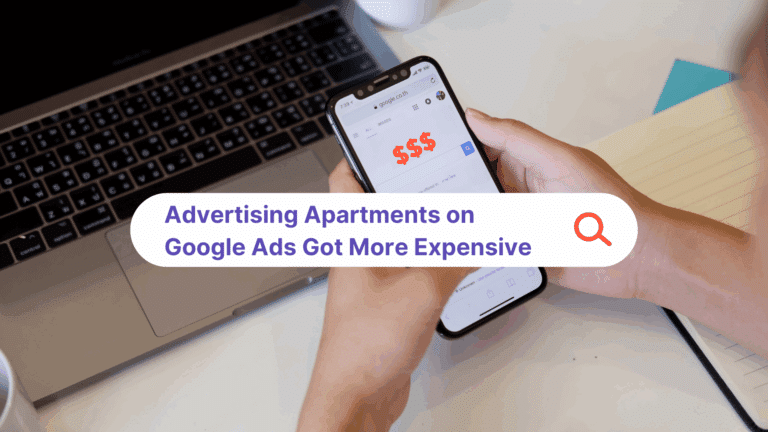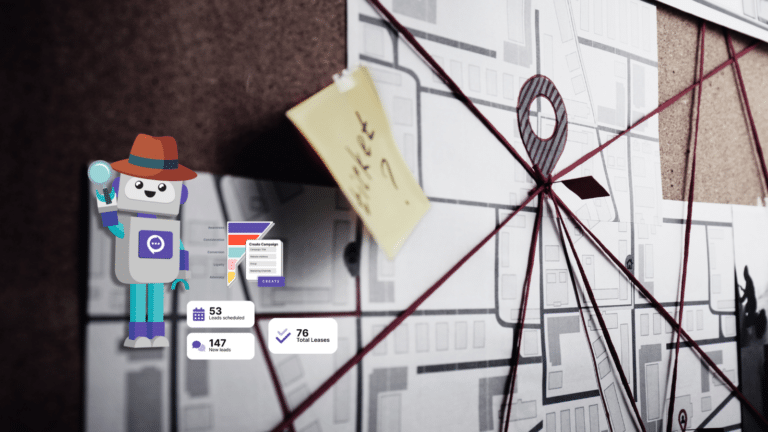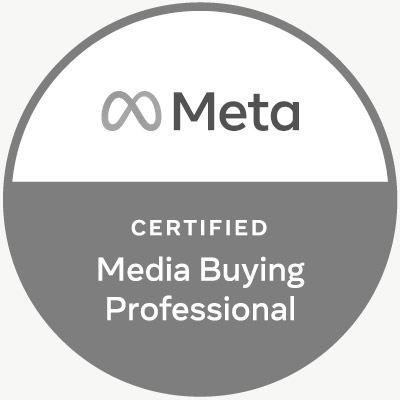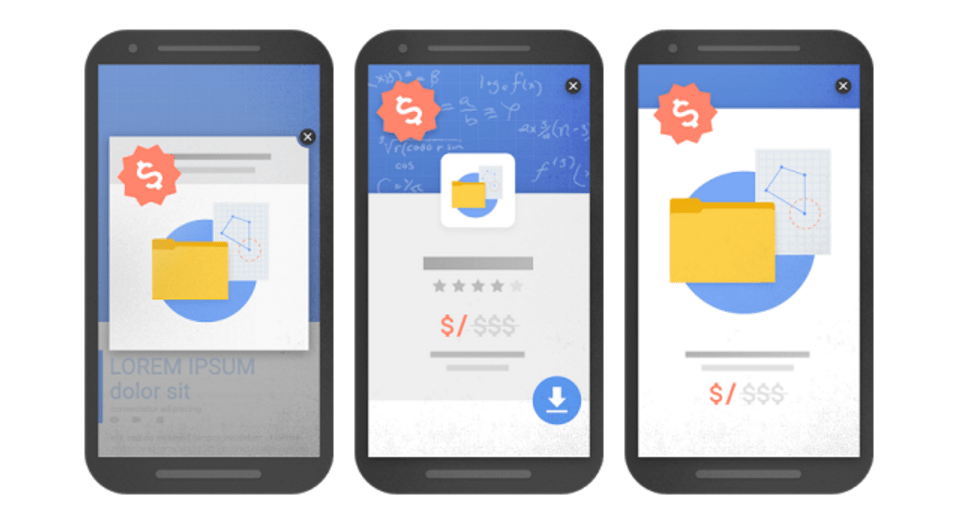
Google will soon punish websites that feature intrusive intersitionals, according to an announcement published on the company’s official webmaster blog last week. The update – which will go into effect on January 10, 2017 – aims to improve the user experience of mobile search. But for the ill-prepared apartment SEO manager, it may also result in lower search rankings.
In online marketing, an intersitional page is defined as a webpage that displays before or after the expected content. In this particular context, it’s a page that you may see while transitioning between Google search and the webpage content that you’re trying to view.
Google’s blog post clarifies that the update will not demote every webpage that features an intersitional. Rather, a page listing will only drop if the page features an “intrusive” intersitional that makes content less accessible to users.
Techniques that make content less accessible include:
- Showing a popup that covers the main content. This includes popups that display while the user is looking over the page, rather than just popups that display immediately after a page load.
- Displaying a standalone transitional that the user must dismiss before viewing the main content.
- Formatting your site so that the content which displays above the fold looks like a standalone transitional, and the actual page content appears beneath.

On the opposite end of the spectrum, acceptable intersitionals that don’t interfere with accessibility include:
- Intersitionals that fulfill a legal obligation, such as age verification forms and cookies notifications.
- Login dialogs on sites that are not open to the public, such as news sites that block content with a paywall.
- Banners that use a reasonable amount of screen space.
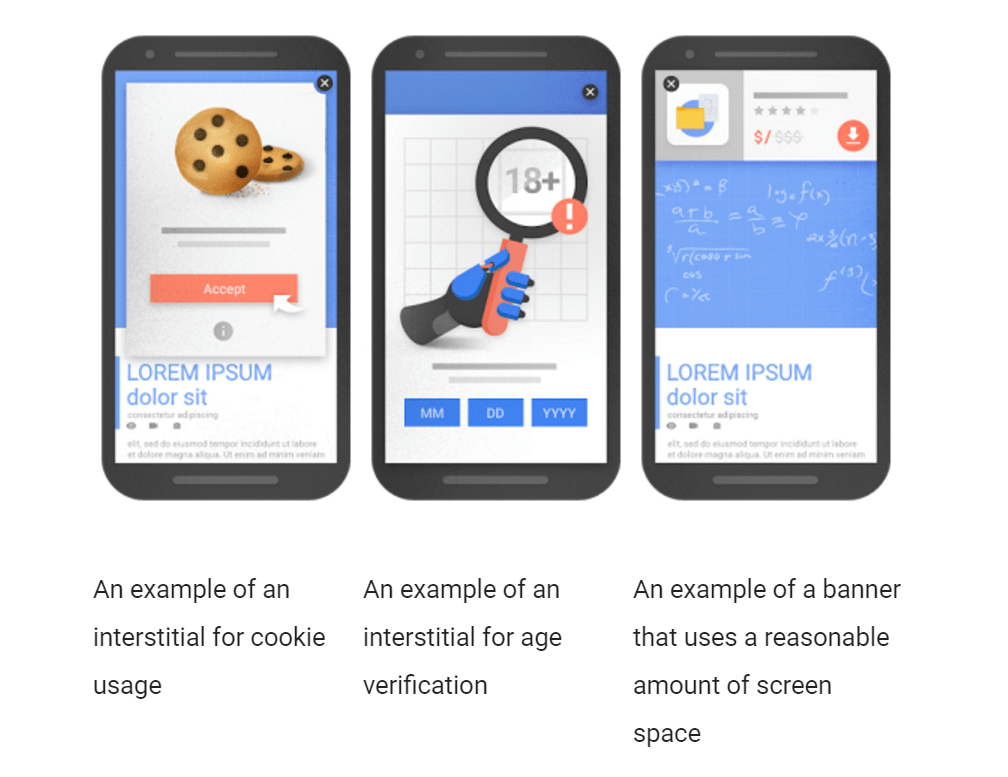
How the Update Might Damage Your Apartment SEO Performance
Few communities serve third party advertisements on their property’s website. However, a great deal of communities serve intrusive intersitionals in the form of promotions.
If your website currently uses popup windows, or any of the other intrusive techniques listed above, to promote an offer (waived fees, referral bonuses, etc.), you’ll need to take action in order to avoid a penalty from Google. Fortunately, the problem is fairly easy to fix.
Have your web developer remove or modify any code that calls intrusive intersitionals.
As long as you make the changes before January of 2017, you should avoid the penalty.
Images courtesy of Google.

